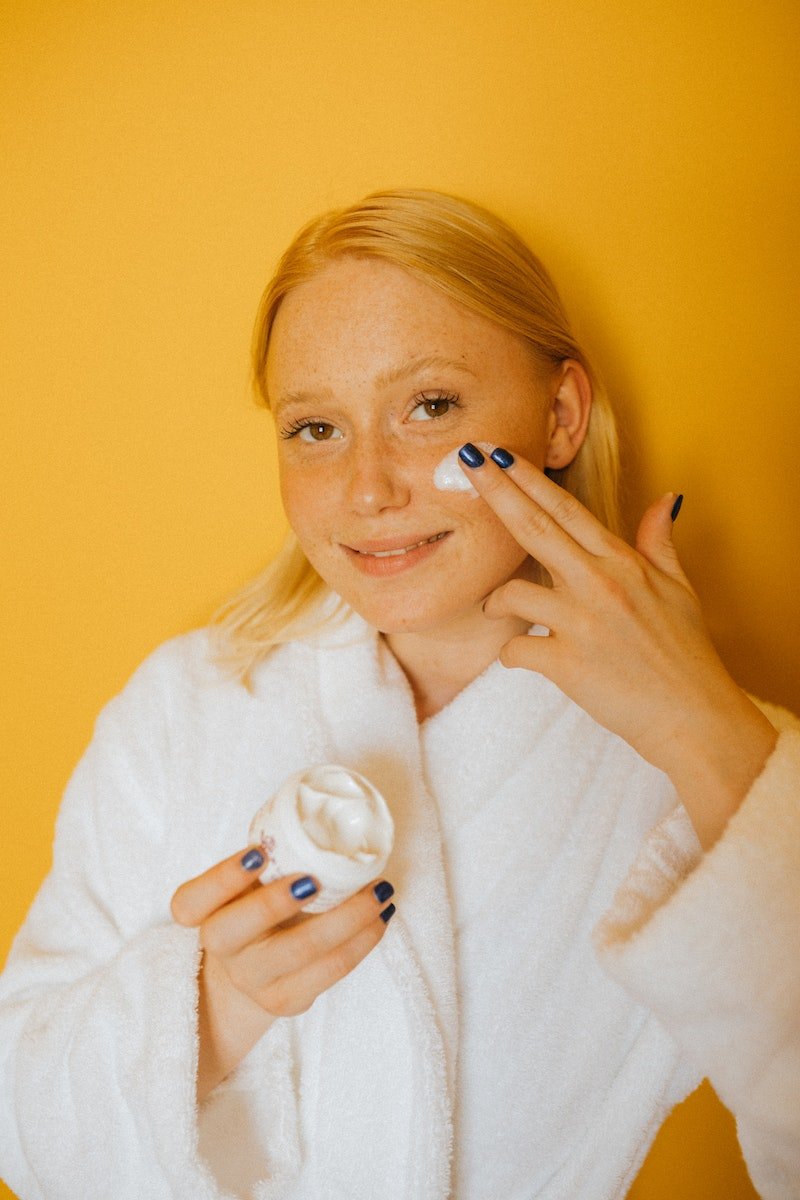When it comes to caring for oily and acne-prone skin, it can feel like an uphill battle. Oily skin can be prone to excess sebum production, breakouts, blackheads and clogged pores. Acne can be caused by a variety of factors, ranging from bacteria to hormones or lifestyle choices. However, with the right products and regimen, you can help keep your skin healthy and looking its best.

The first step to caring for oily, acne-prone skin is to establish a regular skincare routine. This should include a gentle cleanser that won’t strip the skin of its natural oils. It should be a non-comedogenic product, meaning that it won’t clog your pores. You should also look for a cleanser that contains ingredients specifically designed to combat acne, such as salicylic acid or benzoyl peroxide.
The first step to caring for oily, acne-prone skin is to establish a regular skincare routine.
Next, it’s important to use a toner that is designed for oily skin. Toners can help to remove excess oil and residue that may be left behind by your cleanser. Look for a toner that contains witch hazel or glycolic acid, as they can help reduce the look of pores.
It’s important to use a toner that is designed for oily skin.
In addition to a regular skincare routine, you may also want to incorporate a clay mask into your routine. Clay masks can help to absorb excess oil, while also unclogging pores and helping to reduce inflammation. Try to use a clay mask twice a week to help control oil production.
If you suffer from severe breakouts, you may want to investigate spot treatments that can help to reduce the look of acne. Look for ingredients such as salicylic acid and benzoyl peroxide, as these ingredients can help to reduce inflammation. If you prefer a more natural approach, tea tree oil can also be beneficial for treating acne.
If you suffer from severe breakouts, you may want to investigate spot treatments that can help to reduce the look of acne.
Don’t forget to incorporate a moisturizer into your routine, even if you have oily skin. A lightweight, oil-free moisturizer can help to keep your skin hydrated and prevent your skin from becoming overly dry.
Finally, it’s important to make lifestyle changes that can make a positive impact on the health of your skin. This can include avoiding stress, getting enough sleep, drinking plenty of water, and avoiding refined sugars and processed foods.
By establishing a regular skincare routine and making lifestyle changes, you can help keep your oily, acne-prone skin healthy and looking its best. With the right products and regimen, you can help to reduce the symptoms of acne and help keep your skin smooth and clear.

